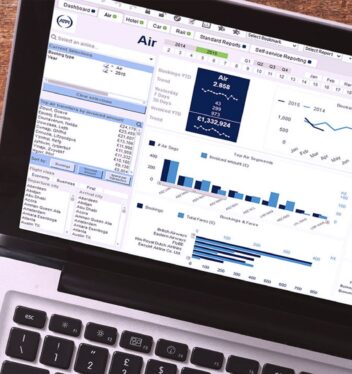What is ISO 31030?
ISO 31030 is a global standard that intends to provide guidance to corporate organisations on managing the risk associated with travel.
Why has it been created?
ISO31030 has been developed to address increased levels of anxiety about travel risk. At the time of inception, there was a growing perception that travel risk had increased, due to increased media reporting and a general feeling that risk was intensifying. These feelings have now been heightened by the outbreak of Covid-19 in 2020.
Who will it affect?
The implementation and auditing of the standard will mainly involve travel managers, security and risk management departments, HR and legal departments, however other stakeholders may be part of the process. The outcome of any changes made as a result of the framework will affect anyone who travels for business – with the aim being to make them feel more confident and safe when travelling.
What will it contain?
Although ISO 31030 is yet to be published, we expect that it will contain guidance on:
1. Scope, context and risk criteria
2. Risk management process
3. Management of travellers
4. Recording and reporting
What are the benefits?
ISO 31030 provides organisations with the chance to boost internal assurance about the safety of travel, as well as improving employee’s confidence in travel. Meeting ISO 31030’s standards will show travellers that your organisation is taking all necessary steps to mitigate travel risk.
How should I approach ISO 31030?
ISO 31030 is not an absolute and should be used as a way of identifying opportunities to improve your organisation’s current travel risk management strategy. After this you can then work with your TMC to develop a plan to address this.
The standard should be part of a wider project to integrate travel risk management with wider risk management systems such as HR, IT and legal etc.
When will ISO 31030 be published?
The ISO standard was published in Sept 2021, and ATPI have already assessed our travel risk framework in readiness for adoption of the standard when external auditing becomes available in due course.









